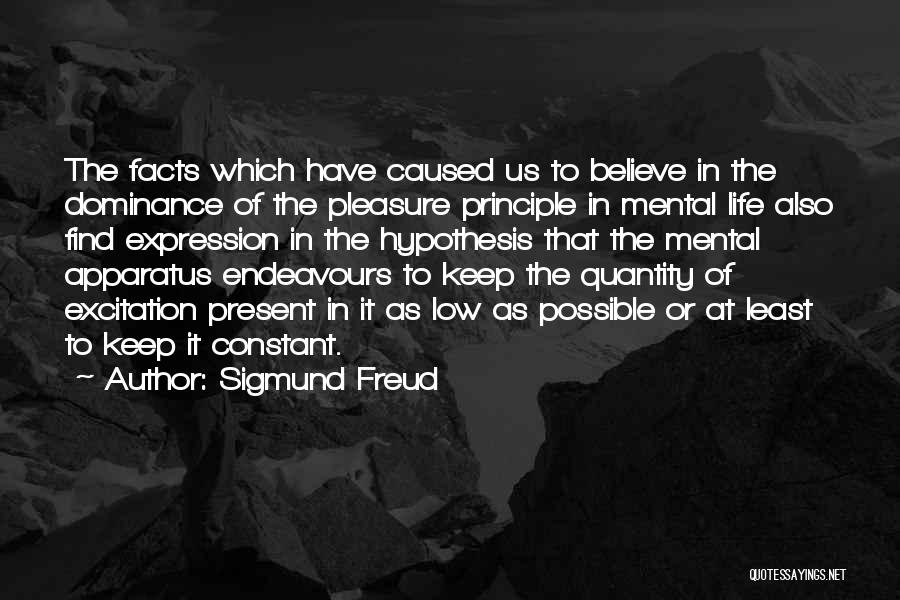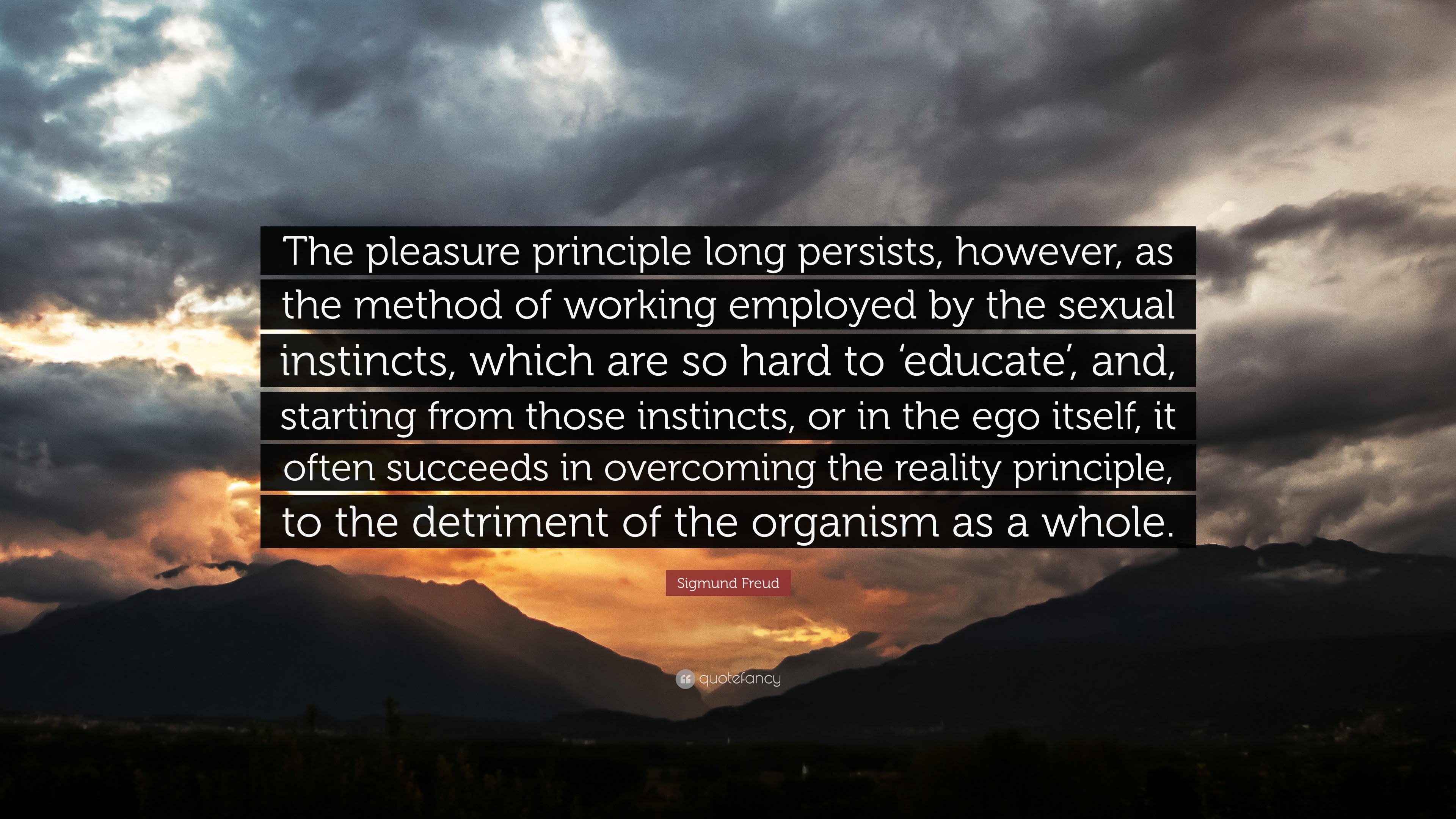

On the other hand, Adorno cites examples of Freud reaffirming the bourgeois disgust for all things bodily, sensual, and irrational. On the one hand, he wants to disillusion people about the real motivations of their actions by tracing them back to basic instincts.

Here Adorno accuses Freud of a kind of hypocrisy. In the teeth of bourgeois ideology, he tracked down conscious actions materialistically to their unconscious instinctual basis, but at the same time concurred with the bourgeois contempt of instinct which is itself a product of precisely the rationalizations that he dismantled. Adorno characterizes this paradox as a failure on Freud’s behalf to recognize the implications of his own theory. A non-repressive society would be anarchistic, violent, and irrational, yet civilization under the reality principle bars us from experiencing pleasure to its fullest extent. He abstains from substantial sociological or political critique, instead focusing on the ways in which the pain of life under the reality principle is expressed through individual neuroses.įreud’s prognosis places civilization in a double-bind. Ultimately, Freud strongly endorses the progress of civilization, arguing that reason and cooperation can reduce the repression necessary to ensure social cohesion. He argues that people living in society must accept a substantial degree of unhappiness because civilization inherently requires the repression of the pleasure principle. In his Civilization and its Discontents Freud locates the reality principle as the primary source of psychological neurosis and general human unhappiness.

For Freud, this represents both the desire for sustenance and for proto-sexual gratification.Īs children develop, their desire to maximize pleasure and minimize pain is usurped by the reality principle the recognition that pleasure cannot always be maximized in the short term, but rather must be strategically deferred towards the goal of maximizing pleasure in the long run. In summary, Freud argues that humans are primarily guided by the “pleasure principle.” This drive is observable in infancy when the child desires only the breast of the mother. The basic principles of Freud’s theory of human psychology are well known. For Adorno, pleasure is an undefinable purposelessness which, in contemporary society, is replaced by manufactured alternatives. Adorno ultimately agrees with Freud that pleasure is the primal motivation for human activity however, he will contest Freud’s definition of pleasure, suggesting that the kind of raw physiological pleasure that Freud emphasized is a product of bourgeois ideology. This essay will attempt to trace that influence and explain the importance of the concept of pleasure in Adorno’s critical philosophy. To what extent does this reflect something deeper than a mere appropriation of useful theoretical terminology? I argue that Adorno’s thought is more heavily influenced by psychoanalysis than is commonly recognized.

Whatsmore, the book is riddled with psychoanalytic language and concepts. Interspersed throughout the work are discussions of the concept of pleasure: a keystone theme in Freudian thought which situates the so-called pleasure principle at the center of human behavior. Theodor Adorno, the Arch-curmudgeon of the Frankfurt School of Critical theory, devotes a brief but substantial section of his Minima Moraliato a critical engagement with Freudian psychoanalysis.


 0 kommentar(er)
0 kommentar(er)
